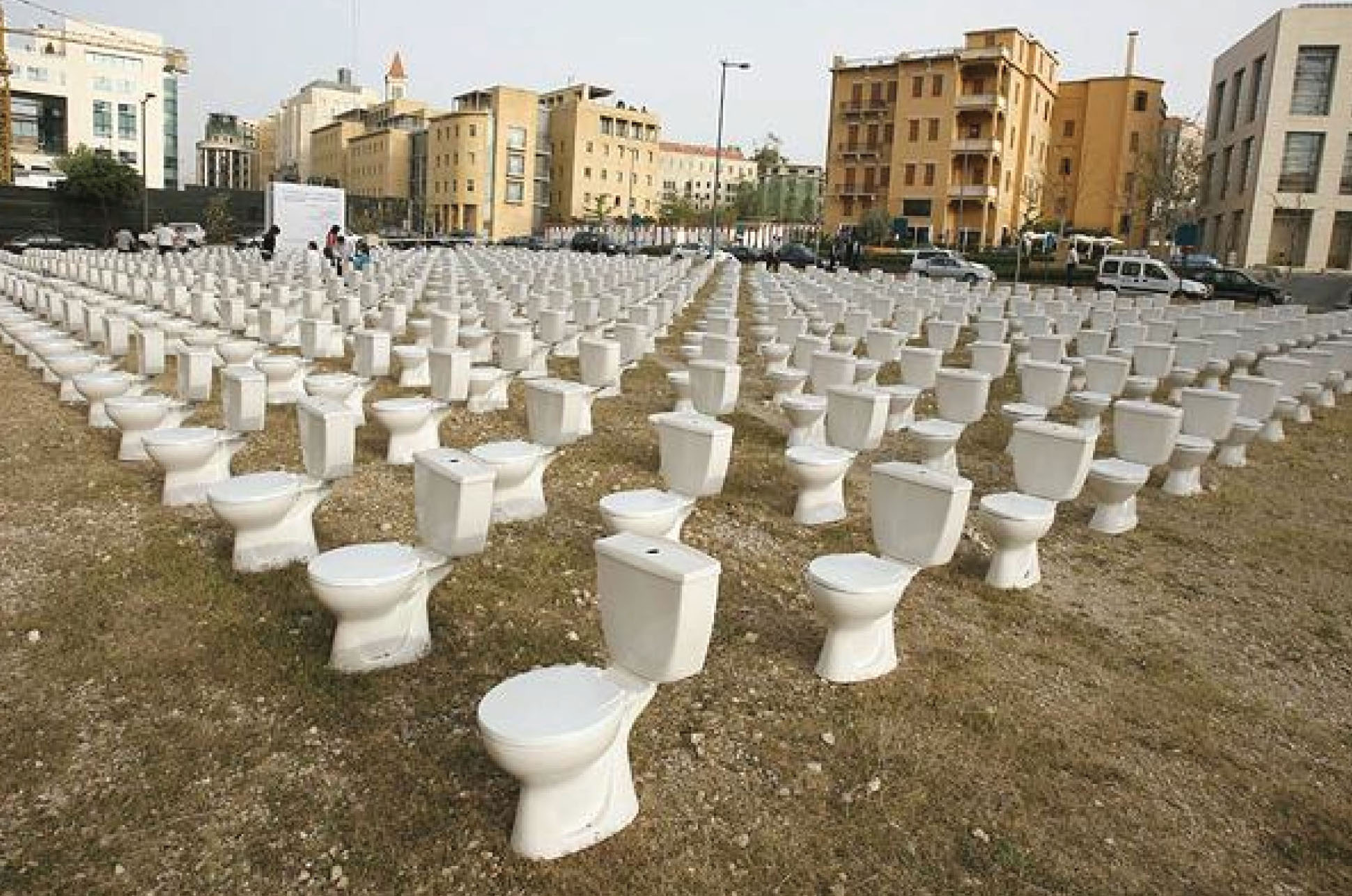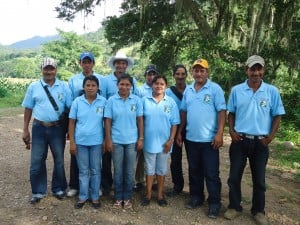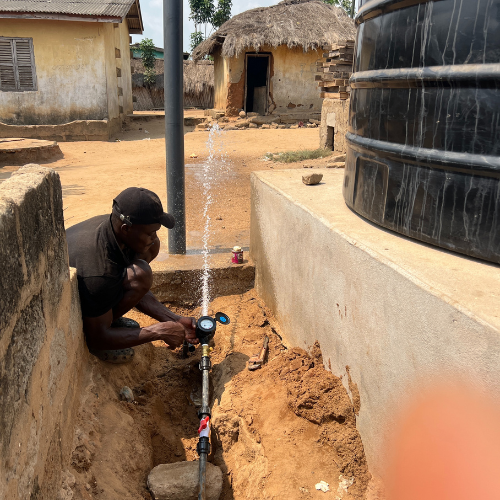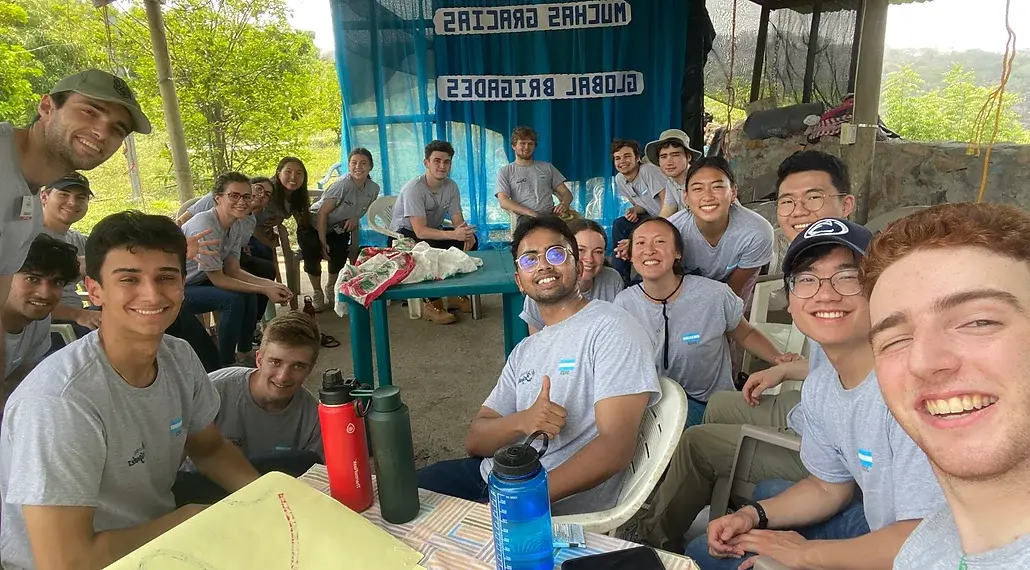The toilet and in general, sanitation systems, are typically not on the mind of people who live in developed countries. However, for the 2.5 billion people who do not have access to toilets or sanitation, this is a daily concern. In order to raise attention and also to overcome the embarrassment the subject brings up, the United Nation declared November 19th to be World Toilet Day.[1]
This is not just an issue about privacy, but also about health and security. Diarrheal diseases are among the deadliest worldwide, killing more people than HIV/AIDS, malaria, and the measles combined.[2] Without a sanitation system to properly dispose of human waste, diseases like typhoid and cholera spread rapidly. Making matters worse, it is estimated that 1.1 billion people defecate in the open, contaminating the ground and water supplies.[3]
In some places, women face the prospect of harassment, violence, or even kidnapping for going to public restrooms. This situation is increasingly problematic in India, where less than a third of rural Indian households have access to a toilet.[4] Experts cite the danger of using public restrooms as one of the main reasons why women are increasingly defecate in the open in India, giving it the title, “the global capital of open defecation.”[5]
World leaders hope that by formally declaring November 19th as World Toilet Day, attention, money, and action will follow. While some issues like HIV/AIDS, malaria, and tuberculosis receive high levels of funding and attention and rightly so, taboos or embarrassment about sanitation and toilets should not be allowed to be the reason for the lack of recognition for the deadly problems associated by the lack of sanitation systems.
This is a problem that everyone can contribute to resolve. To learn about the problem of the lack of access to sanitation, visit http://worldtoiletday.org/ and see the ways in which individuals can contribute to make sure that everyone has access to sanitation.
This blog post was written by guest blogger Claire Seigworth. Claire graduated with a B.A. in International Relations and a minor in Spanish Literature from Marquette University. She has traveled to various Latin American countries, studied in Santiago, Chile and worked in Panama for Global Brigades.
[1]http://www.un.org/apps/news/story.asp/htt%3Cspan%20class=’pullme’%3EThe%20proceeds%20from%20the%20campaign%20will%20be%20used%20to%20finance%20micro-projects%20in%20developing%20countries%3C/span%3Ep://www.fao.org/newsroom/en/news/2008/1000935/html/www.unesco.org/www.unesco.org/story.asp?NewsID=46529&Cr=toilet&Cr1=#.UpPAQMQqiSp
[3]http://www.un.org/apps/news/story.asp/htt%3Cspan%20class=’pullme’%3EThe%20proceeds%20from%20the%20campaign%20will%20be%20used%20to%20finance%20micro-projects%20in%20developing%20countries%3C/span%3Ep://www.fao.org/newsroom/en/news/2008/1000935/html/www.unesco.org/www.unesco.org/story.asp?NewsID=46529&Cr=toilet&Cr1=#.UpPAQMQqiSp
[5] Ibid




